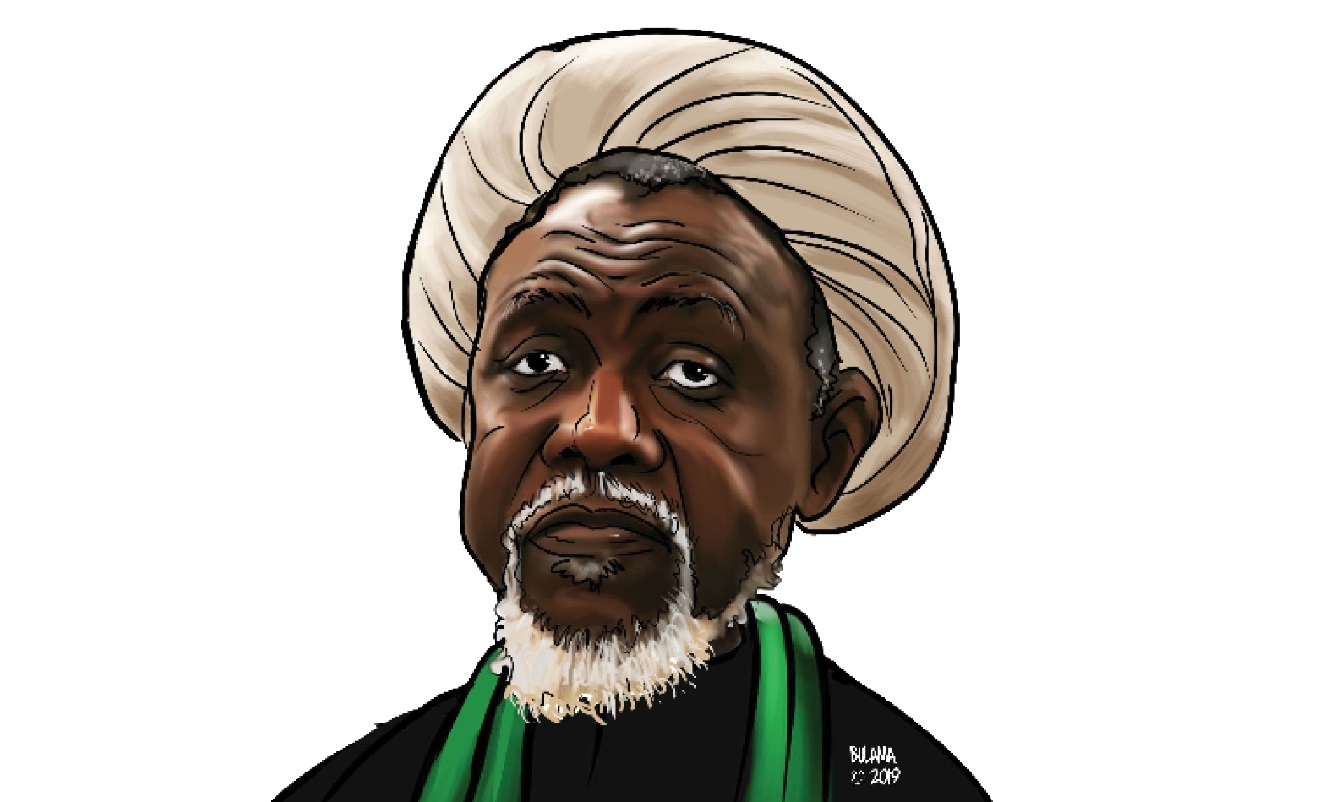Even in freedom, he is still a captive of the government. Since his arrest in 2015, Sheikh Ibrahim El-Zakzaky and his wife’s bail applications were serially shut down by his unforgiving captors. It took the couple four years to finally secure a medical leave. Although the man had had a rough relationship with successive governments, including brutal military regimes, the past seven years have to be the worst of his nightmares.
The July 28 judgment of a Kaduna High Court, that the prosecutor couldn’t prove the case against El-Zakzaky and wife, must’ve first struck all those who had campaigned for their release as surprising. The couple was charged on eight counts, among which were alleged culpable homicide, unlawful assembly, disruption of public peace, to which they pleaded not guilty. The road to their acquittal was strewn with thorns of unspeakable cruelties.
- Why EFCC grilled me, Saraki breaks silence
- PODCAST: Mental Health: The Facts And The Myths And Misconceptions
I don’t even want to begin to list the indignity El-Zakzaky and family have faced in this long walk to this illusion of freedom—having his children murdered without justice, his followers massacred and the survivors repressed and persistently harassed, and yet they were denied even the mere constitutional right to protest the glaring denials of justice by the government.
Barely a day after his release, the Kaduna state government had to remind him of the architecture of his new cage—the glaring threat to have him in captivity again. Citing Treason and Treasonable Offences Act, counsel to the state government, Dari Bayero, questioned the conclusion of the court and revealed the state government’s resolve to appeal the judgment.
What’s too obvious in Dari Bayero’s defence of his paymasters is the definition of terrorism. Perhaps this timeline may refresh their memories: before Buhari’s first election, el-Zakzazy was writhing in the pain of losing three sons and 34 members of the Islamic Movement of Nigeria (IMN), which he leads, after a confrontation with soldiers at the 2014 Quds Day procession in Zaria. There was never justice for that.
On December 12, 2015, under President Muhammadu Buhari, the convoy of the Chief of Army Staff, Lt-General Tukur Buratai, was stopped by a procession of IMN members. This traffic offence instigated a wanton massacre of the Shiites. It’s still surreal that the Army, who had not succeeded in neutralizing the equally mismanaged Boko Haram, returned to the religious centre of the Shiites in Zaria and turned the unarmed civilians into shooting targets in that nightlong crackdown.
At first, the Army spokesman denied the killings, but the stench of this massacre couldn’t be deodorized for too long. The massacre was reluctantly acknowledged amidst global outrage, with the official estimate of lives lost being over 300 Shiites. IMN’s estimate was much higher, over a thousand citizens, they declared, were crushed in mass graves in one unforgettable night. A committee of mostly pro-government persons, some of them known adversaries of El-Zakzaky, was set up to investigate the massacre. But somebody, upon whom the desired justice rested, spoke too soon. He said, “Why would they (the Shiites) touch the chest of an Army General?” This was Nigeria’s President, one elected to guarantee the security of lives and properties, on a live TV show being monitored nationwide.
Buhari’s ill-timed judgment on the massacre, even when the so-called investigative panel was yet to establish the facts of what transpired in Zaria, gave us a glimpse of the government’s disinterest in justice. It was also the first sign of trouble for El-Zakzaky and the Shiites, and they had a rough ride to this July 28 judgment. They were hunted and killed. They protested and were shot dead on the street. They were demonized by the government and portrayed as the antagonists of the Nigerian dysfunction.
What the Shiites experienced was terrorism in its purest form, state-authorized terrorism to which we were all witnesses. The Shiites belong in a sect considered a fraternity of heretics and blasphemers by the predominantly Sunni nation, and yet the justice they seek is from a political structure designed and headed by the vastly prejudiced Sunni.
So, I don’t know the terrorism charge the Kaduna state government imagines as the guilt of the Shiites. In the past six years of targeted killings, incarceration and harassment of the Shiites, if they were truly as violent as the government had sold in their propaganda, the same people united against them would’ve been functioning from some refugee camps in Cameroon, Chad or Niger.
The justice the Shiites seek is one they may not obtain, but we don’t have to abuse our institutions to further this glaring oppression. The damage has already been done. El-Zakzazy and his followers exist in a society that treats the Shiites, of which he’s the most prominent leader, as sub-humans who don’t deserve to live. The same society even robbed the corpses of massacred Shiites and gloated over a crackdown that led to the deaths of hundreds of fellow human beings—for simply adhering to a sect other than theirs.
This damage, indeed, is enough. The only reason Sheikh El-Zakzaky should be appearing at any court now is to seek damages for these years of state-authorized injustice and gross violation of his fundamental human rights by both the Nasir El-Rufai-led Kaduna state government and Buhari-led federal government. Anything other than this is, sincerely, outright political witch-hunt.

 Join Daily Trust WhatsApp Community For Quick Access To News and Happenings Around You.
Join Daily Trust WhatsApp Community For Quick Access To News and Happenings Around You.

